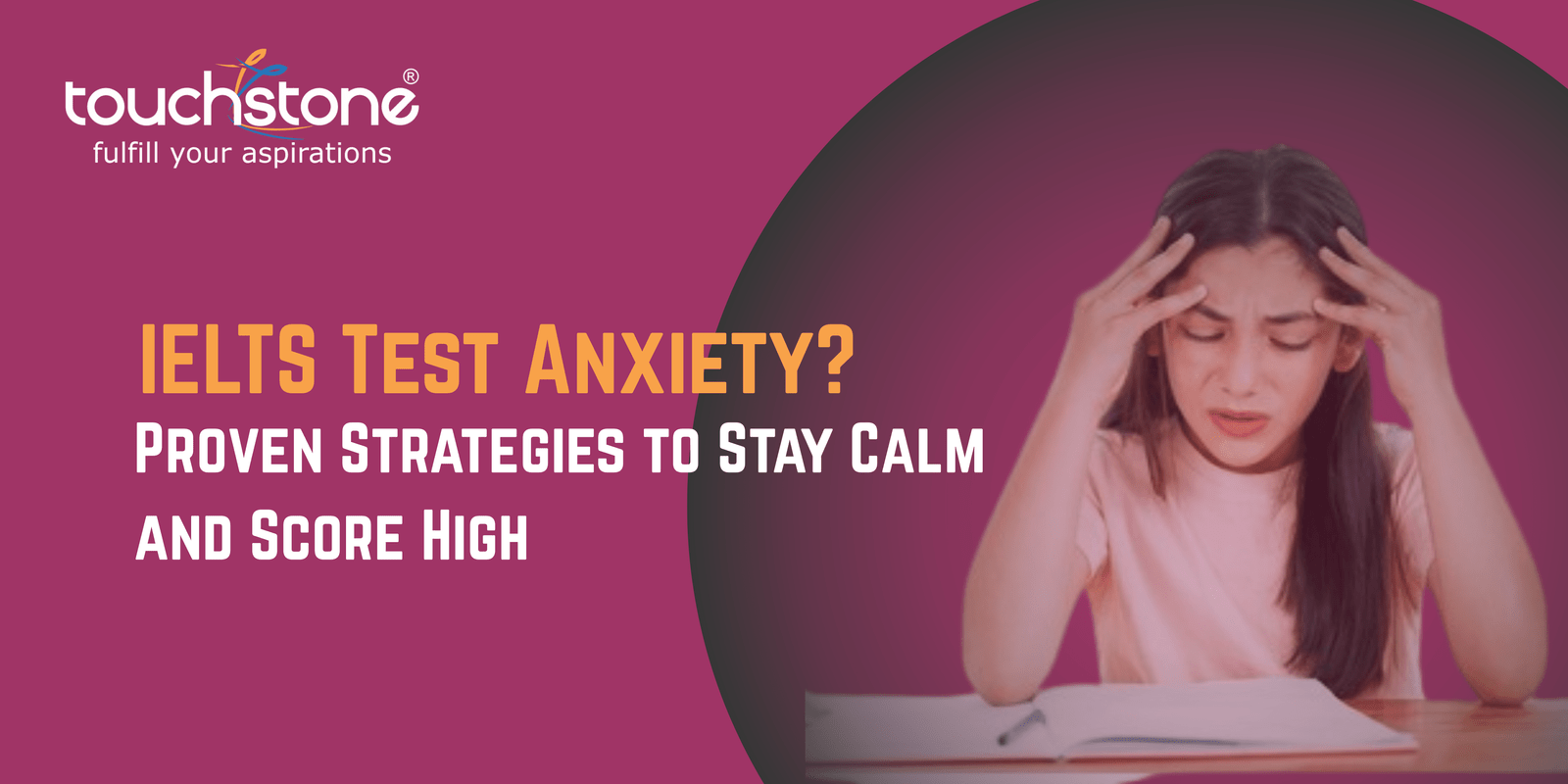Since there are so many options to study in the US, choosing to study in the country can be overwhelming. California stands at the top of the list with 13 universities followed by New York and Texas with 11 universities each, and 9 in Massachusetts. The best universities of USA are concentrated in these states.
According to Times Higher Education World University Ranking 2018, following are the top 5 American universities
1.California Institute of Technology (CalTech)
Though the number of students in this university is less, but CalTeach has an impressive number of successful affiliates including 6 Turning award winners, 34 Nobel prize winners, 5 field medalists, and a number of national award winners.
The main focus is on Science and Engineering and the alumni community includes a number of public advisers and politicians in position to specifically deal with Technology, Science, and Energy.
2.Stanford University
Based right next to the Silicon Valley, Stanford plays an essential role in encouraging the hi-tech industry to develop in the respective area. The university has many successful members, alumni, and students who have founded technology companies and start-ups including Snapchat, Google, and Hewlett-Packard etc.
3.Massachusetts Institute of Technology
Cultivating a strong entrepreneurial culture, MIT is a strong rival of CalTech. The university has many alumni who have founded companies such as Dropbox and Intel.
Though the undergraduate and postgraduate programmes at MIT are not wholly separate, many courses can be taken at either level. Engineering and computer Science programmes are most popular among undergraduates.
Out of about 11,000 students, approximately 33% are international, hailing from different parts of the world.
4.Harvard University
Founded in 1636, Harvard is the best-known and oldest higher education institution in the US.
The tuition fee at Harvard is high, but Harvard’s financial endowment allows for plenty of financial aid to its students. The number of students is approximately 20,000 out of which about one fourth are foreign students
Harvard has 8 US presidents, 13 Turing award winners, about 150 Nobel laureates, and 62 living billionaires among its alumni.
The university is in fact equally reputed for Humanities and Arts, as it is for Technology and Science.
5.Princeton University
With a history of more than 200 years, Princeton is a prestigious Ivy League university. The number of enrollment is around 8000, out of which a quarter is international scholars.
The university has some renowned alumni including US presidents, businessmen, astronauts, and numerous award winners.
So if you are planning to study in the US, you may consider preparing for any of these universities.
The ratings stated in this article are completely as per the ratings given by Times Higher Education World University Ranking 2018.








